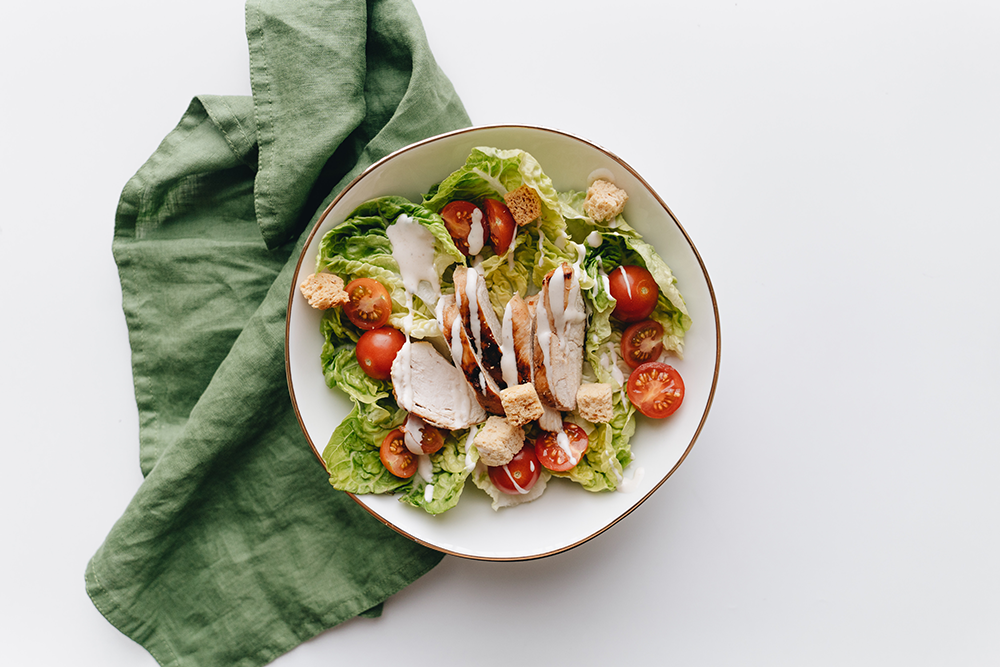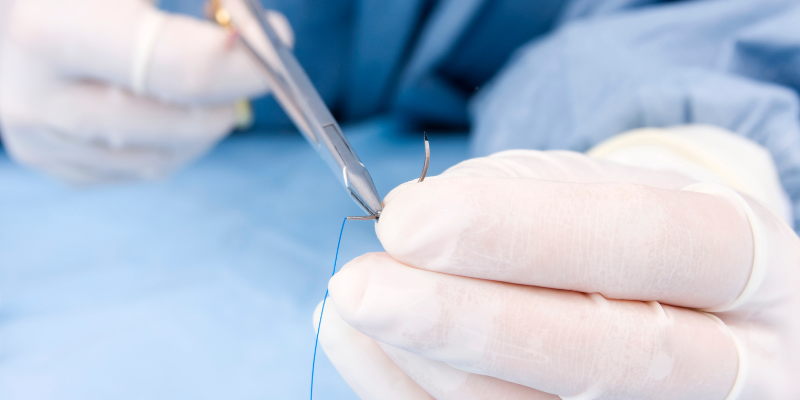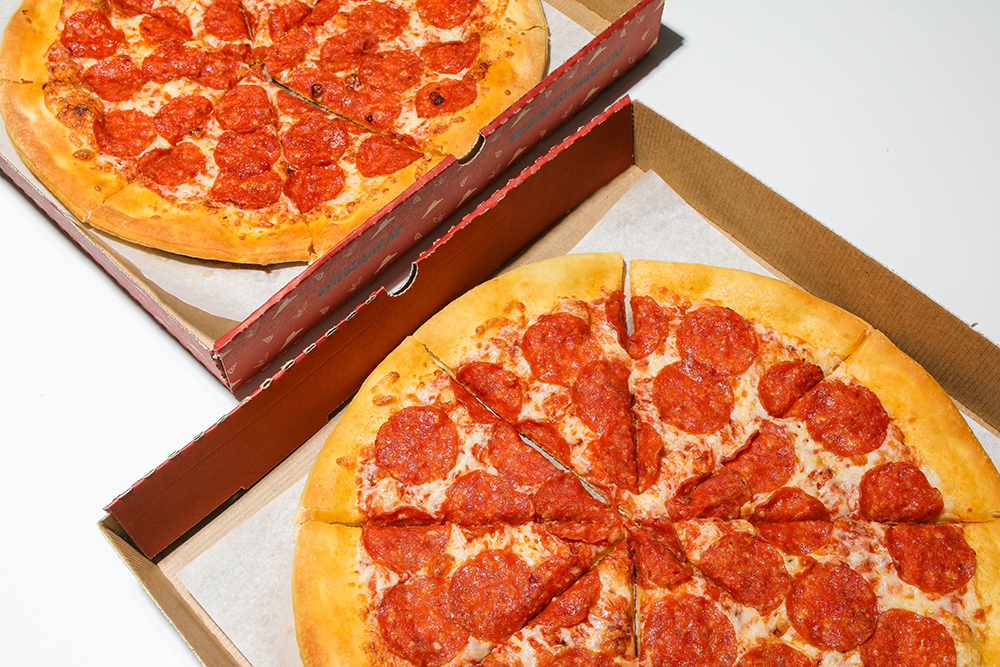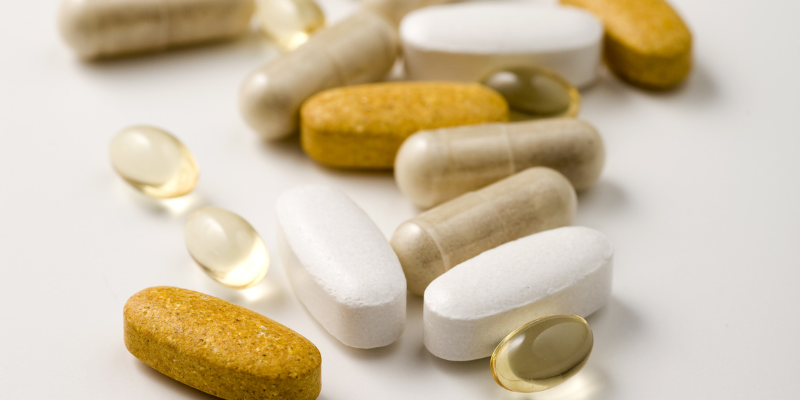
It is a common misconception that weight loss surgery is the easy way out. However, this is not true at all! Weight loss surgery requires making many changes and change is not easy. In addition to mental changes, the diet changes necessary are usually the most challenging for most patients.
I have previously written about the preoperative liquid diet and today, I want to discuss the post-operative diet. For the same reason a liquid diet must be followed prior to surgery, a liquid/soft food diet must be followed after surgery.
When the surgeon performs the surgery, they cut part of the stomach (depending on the type of procedure) then staple it back together. In order for the stomach to fully heal, the patient must be very careful with the types and consistencies of food they are consuming. Again, it is critical that the patient adhere to the physician and dietitian regulations in order to prevent serious medical problems following surgery.
Weeks 0 – 2 Post Op:
For the first two full weeks (14 days) after surgery, the patient must follow a strict liquid diet. Our patients are allowed to consume protein shakes/meal replacement drinks, however we recommend that they work up to consuming 3 shakes each day. For example, 1 day post surgery, they will consume 1 ounce per hour; day 2, 2 ounces per hour; day 3, 3 ounces per hour; and so on.
Our patients are only allowed to drink bariatric approved protein shakes. You can contact our office for a full list of beverages and shakes we suggest for our patients in order to optimize weight loss and minimize post-op complications.
Along with protein shakes, patients are allowed to consume sugar free beverages, but again, NO carbonated beverages! We recommend that our patients work up to 8 cups (64 ounces) in a day.
Week 2 – 6 Post Op:
For most patients, the stomach will heal in about 5 to 6 weeks. In order to optimize the healing process, patient’s must follow a soft foods diet immediately after the liquid diet mentioned above.
The soft foods diet will consist of the liquids mentioned above plus soft protein choices like eggs, low carb yogurt, chicken and/or tuna salad, cheese, and legumes plus soft non-starchy veggies. Again, it is important to adhere to only consuming soft foods so as not to create too much impact on the stomach as it heals.
Side Effects:
The issue we are most concerned about after surgery is dehydration. Dehydration is the number one cause of nausea. Therefore, we recommend that patients take sips all day long of sugar-free beverages to maintain hydration. The good news after surgery is that patients are usually not hungry.
During this period after surgery, you will be under close physician and dietitian supervision.
Week 6+ Post Op:
In order to continue losing weight and limit your chances of regain, a healthy diet must be followed for life. Below are some tips for successfully maintaining weight loss.
1. Eat protein! We have previously talked about the benefits of protein and why it is important for weight loss success. Dense protein foods such as meat, poultry, seafood, eggs, and cheese fill up or plug the new stomach or pouch and physically keep you full longer.
2. Limit consumption of liquids when eating. Drinking liquids while eating pushes the food through the pouch, allowing more excess food to be consumed. On a similar note, “slider” foods, such as grits, oatmeal, mashed potatoes, crackers, etc. move through the pouch rapidly as well, leaving you still feeling hungry.
3. Liquid calories. This is not the first time we have talked about liquid calories as an easy way to pack on the weight. Drinking any drink made with real sugar is sabotage to your weight loss efforts. We recommend water or any sugar free drink mix that contains less than 10 calories per serving. We don't recommend carbonation since it can lead to gas and discomfort.
4. Fruit and Vegetables. Vegetables a great source of vitamins and nutrients with few calories, but be sure you choose your veggies wisely. In order to promote weight loss, you should limit the intake of starchy vegetables (potatoes, corn, beans, etc.) and instead consume your greens (broccoli, asparagus, kale, cabbage, etc.). Although fruit contains some vitamins and nutrients, it is very high in sugar and if eaten too frequently can lead to weight gain or poor weight loss. In our practice we delay the introduction of fruit in until after 6 months out from surgery for this reason.
5. Have a plan. Make a meal plan and stick to it instead of grazing. Weight loss surgery works by limiting the amount of food you can eat at one time. When you eat too frequently throughout the day, you are more likely to gain weight. When you eat a planned meal or snack, you not only know how much you are consuming, but your pouch will physically limit how much you can consume. On the contrary, be sure you are consuming enough food throughout the day as eating too few calories can actually slow down weight loss. Your dietitian will give you an information sheet for each diet stage that specifies recommended food choices and appropriate portion sizes for best weight loss.











